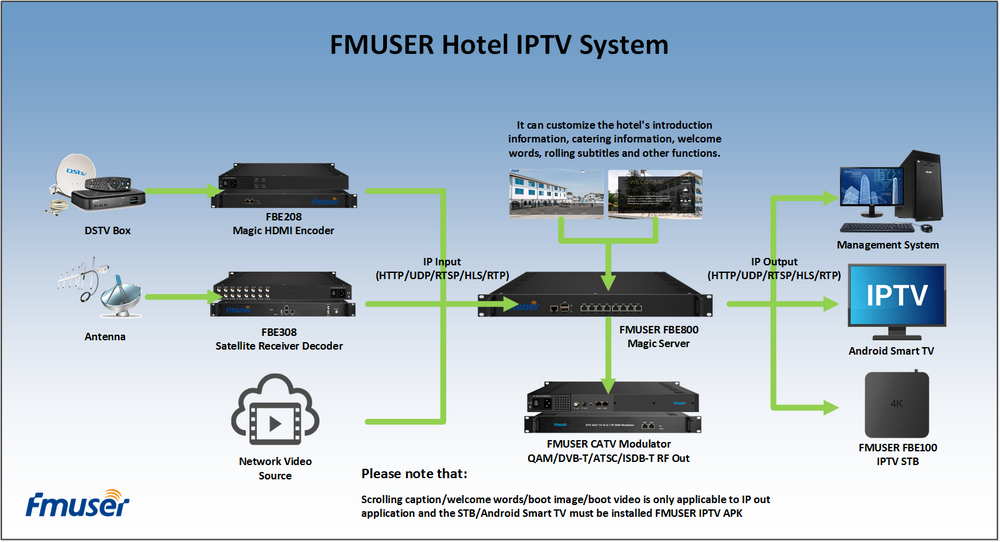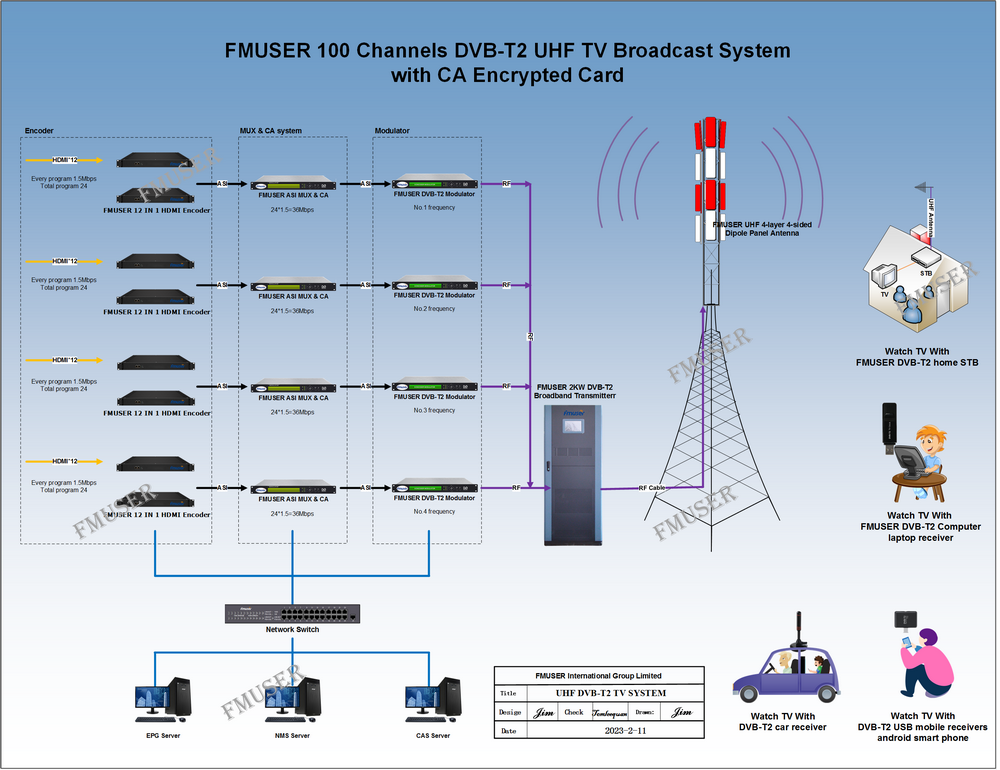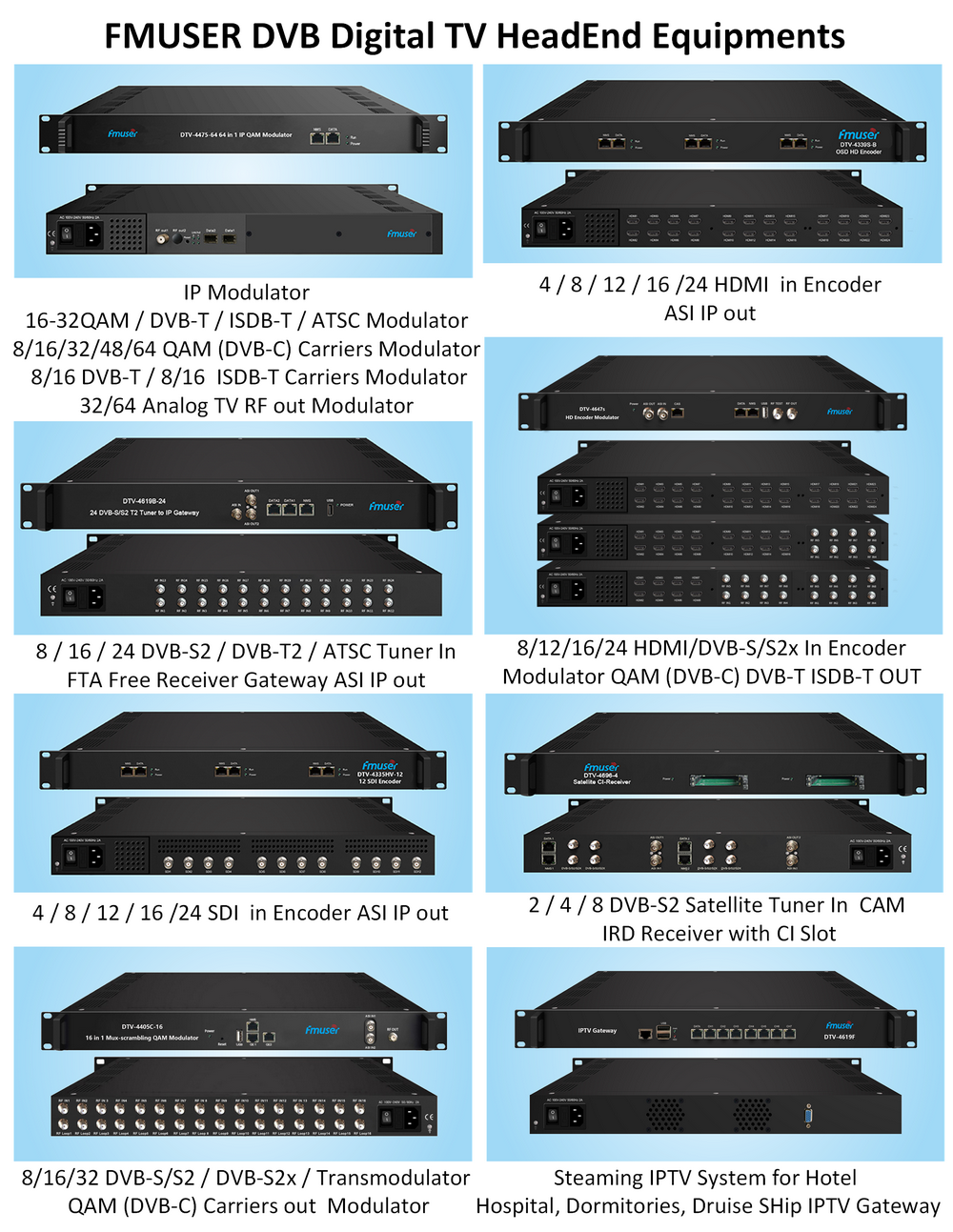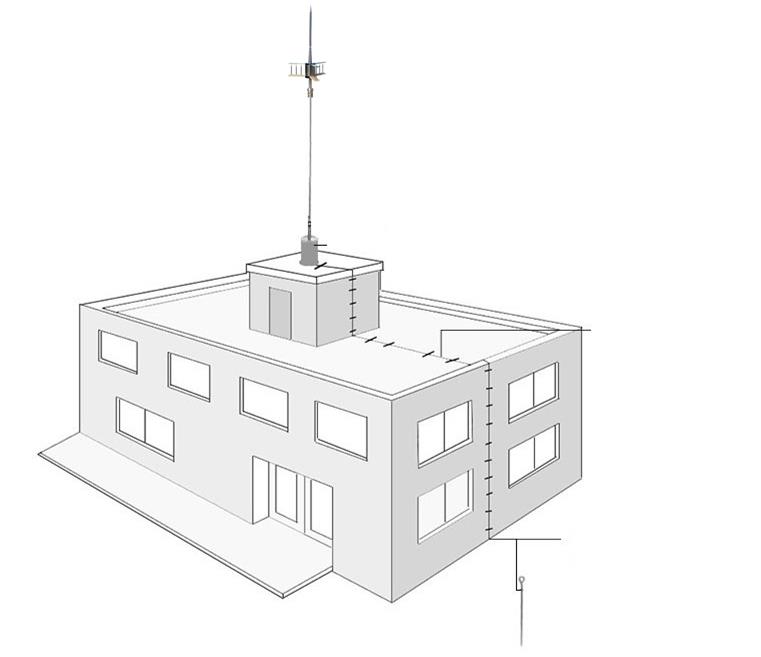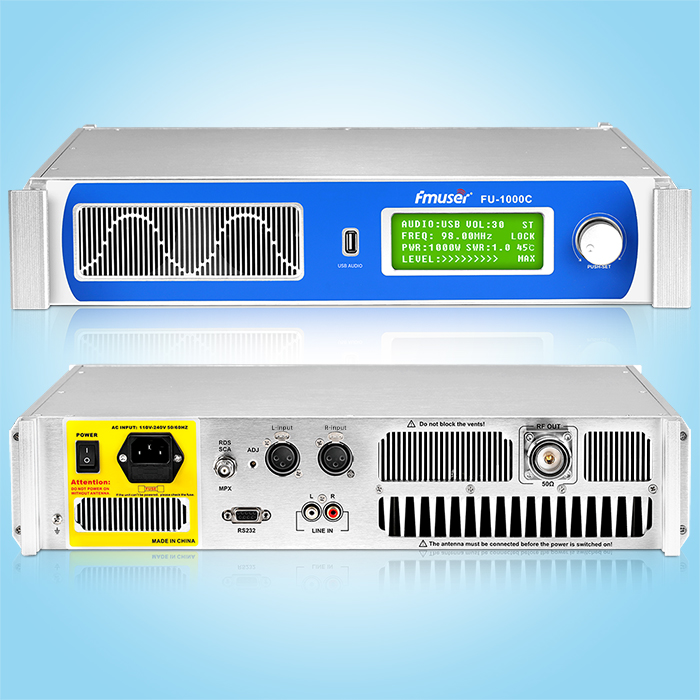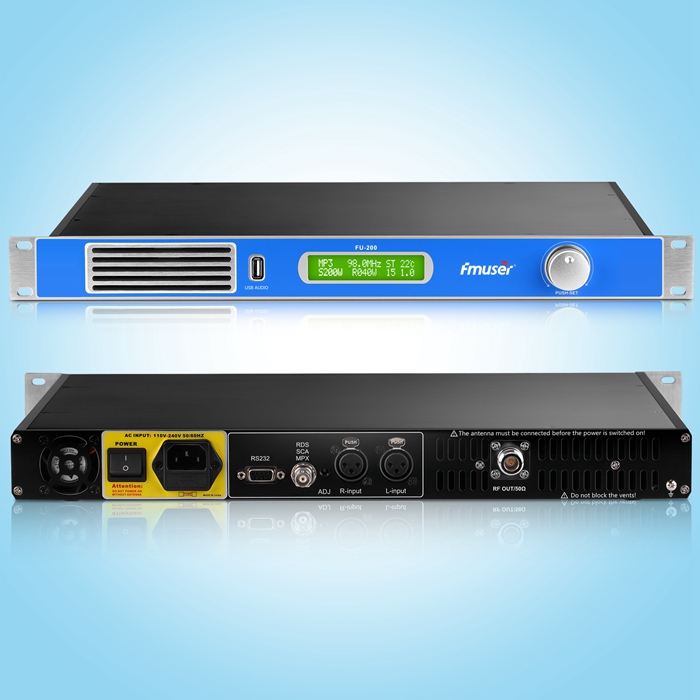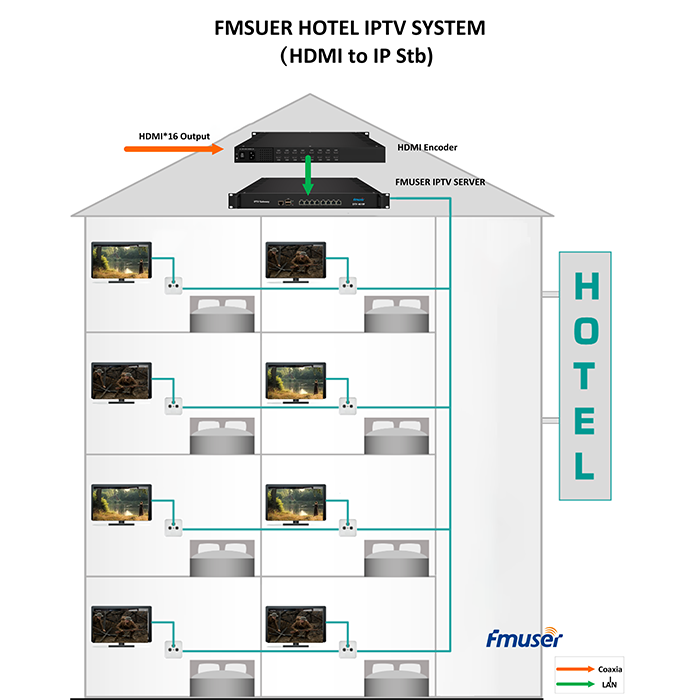introduction
Under the tight situation of international energy, global warming, reduce energy consumption, and reduce a large amount of greenhouse gas to become a top priority. Practice has proved that inverter speed regulation of industrial motors under certain conditions is a good energy-saving method. According to statistics, there are more than 4 million wind turbines to be adjusted speed and energy-saving, and the annual power consumption is about 1 5oo billion kW · h, and the energy-saving potential reaches 45 billion kW · h / year, and the energy saving potential is huge.
The high-voltage frequency converter with significant energy saving is slow, on the one hand, because the one-time input is large and some product reliability is not high, and the other aspect is because the application of the inverter will bring some new problems, such as the grid Harmonic pollution, motor harmonic loss and heat and motor insulation aging. As the state's emphasis on energy conservation and emission reduction and the development of inverter technology, the application of high-cost high-voltage inverters often has higher Di / DT and DU / DT electric stress, and circuit output contains high. Harmonics, and by using a reasonable circuit topology can effectively reduce their Di / DT and DU / DT, the harmonic output can be reduced by using a reasonable control algorithm, thereby reducing the reliability of the inverter itself. Harmonic contamination of the grid. The two-level high inverter product based on IgGT devices, the output harmonic content is less than 2%, and the efficiency is as high as 98%.
1 inverter technology introduction
The main circuit topology of the normal cascading high pressure inverter main circuit topology and power unit is shown in Fig. 1, Fig. 2, respectively, the main circuit topology based on the two level inverter based on the IGCT device is shown in FIG.
As can be seen from Fig. 3, the rated voltage to be affected by the single power tube after the two level high pressure (6 kV) inverter is 6000 × × ×2 ÷ ≈ 32800 (V), the maximum operating voltage reaches 2 800 × 1.15 × 1 .08 ≈ 3500 (V) (Considering overvoltage 15% and 8% transformer impedance), this has highly required a single tube absorption circuit and its control. As can be seen from Fig. 1, Fig. 2, the rated voltage required for each power tube of cascaded products is 6000 ÷ ÷3 × √2 ÷ 5 × 1.15 × 1.08 ≈1 200 (V). Therefore, the difficulty of the two-level topology high voltage frequency converter is much higher than that of the cascading frequency converter. The two level high pressure (6 kV) inverter has the following characteristics:
(1) The cascading frequency converter requires 150 power tubes, and the two level drive only requires 36 power tubes, so the failure chance of the two-level inverter can be greatly reduced, and the reliability is greatly improved;
(2) The transformer of the cascaded frequency converter is out of 45, while the two level inverter is exported only 9, which makes the fault probability are significantly reduced;
(3) Cascade inverter does not allow the motor to be placed away from the inverter to prevent the inverter to prevent anomalous protection and even inverters and motor damage, and the two level drive has LC. Filtering link, there is no large DU / DT in the output cable, and there is no such limitation without the presence of the machine end.
(4) In terms of energy flow, the two level inverters simply use the rectifier circuit to implement 4 quadrant operation, which is what the current cascaded frequency converter technology is not done;
(5) Two-level inverter uses a high-voltage metal film capacitor without using an electrolytic capacitor, so that the whole machine life is more than 10 years, which is also difficult to achieve the cascading frequency converter.
2 Introduction to two level technology based on IGCT device
Figure 3 is a main circuit topology of a two-level high voltage frequency converter. The inverter portion uses high withstand voltage, high current power switching device IGCT, and the internal integration of anti-and continuous stream two poles; in order to reduce the impact of the grid, rectification The circuit uses a 18-pulse diode rectifier structure. Its core technology is a specific harmonic technology, LC filtering technology and multi-IGCT series actions.
In the design, specific harmonic technology and LC filtering techniques have been perfectly combined, and more ideal effects have been achieved. The test measured the output voltage and current waveform of the two level high voltage inverter as shown in Fig. 4, there is almost no harmonics and large DU / DT, which does not have any damage to the motor; at the same time, the filter capacitor is grounded in the middle Eliminate the common mode voltage (ie eliminate the axial voltage of the motor) so that the motor service life is not affected.
The design difficulty of two level high voltage inverters based on IGCT devices is dynamic unit pressure of multiple series power tubes. After strict computing, accurate simulation and repeated test improvement, the power tube shutdown under the rated current condition is measured, as shown in Figure 5. The second peak voltages in Figure 5 are 3525 V, 3360V, and 3240V, respectively, and the deviations from the voltage and the voltage average of the three power tubes are less than 5%, which has achieved a good abletive effect.
As shown in Figure 6, the motor is shown in Figure 6, which causes the IGCT opening instant Di / DT to be too large while bringing a good agenulation. This is the IGCT device is not allowed. From the perspective of suppressing Di / DT, it is necessary to increase the resistance resistance value, but the large resistance will inevitably reduce the effect of dynamic unit pressure. Therefore, the average pressure shown in Fig. 5 is not an optimum effect, but considers the synthesis of Di / DT.
In terms of key processes, since the transverse power tube press technology is used, the power circuit power density is greatly improved, even if the filter circuit is contained, the volume and quality of the two-level high-voltage frequency converter are significantly less than other products.
3 running effect
Yangzhou Power Generation Co., Ltd. 330MW unit condensate pump (1120KW) Before performing frequency conversion modification, the machine's operating current was 126A, and the current decreased when the load was lowered. After the variable frequency is made, the inverter input current is 92A when the unit is full, and the inverter input current is 41A, and the integrated power saving is over 35%. The pump is modified by about 8 × 10000,000 kW · h, and the annual power consumption is about 5 × 1000000kW · h after the transformation, according to the net electricity price of 0.39 yuan / (kW · h), at least electricity cost I.1 million yuan, economy The benefits are considerable. At the same time as energy saving, the power plant motor control automation level has also been greatly improved.
4 Conclusion
From the above analysis, it can be seen that the two level high voltage inverters have very good performance, which is large in reducing the output harmonic content, increasing the efficiency of the frequency converter, and extension the life of the motor and improves the operation of the system. The advantages. In power systems, coal mines, urban water supply, etc., the use of high safety requirements, the use of low output harmonic content, a two-level high voltage inverter having a small load loss is a good choice.
Editor in charge: GT, read full text
Our other product:


